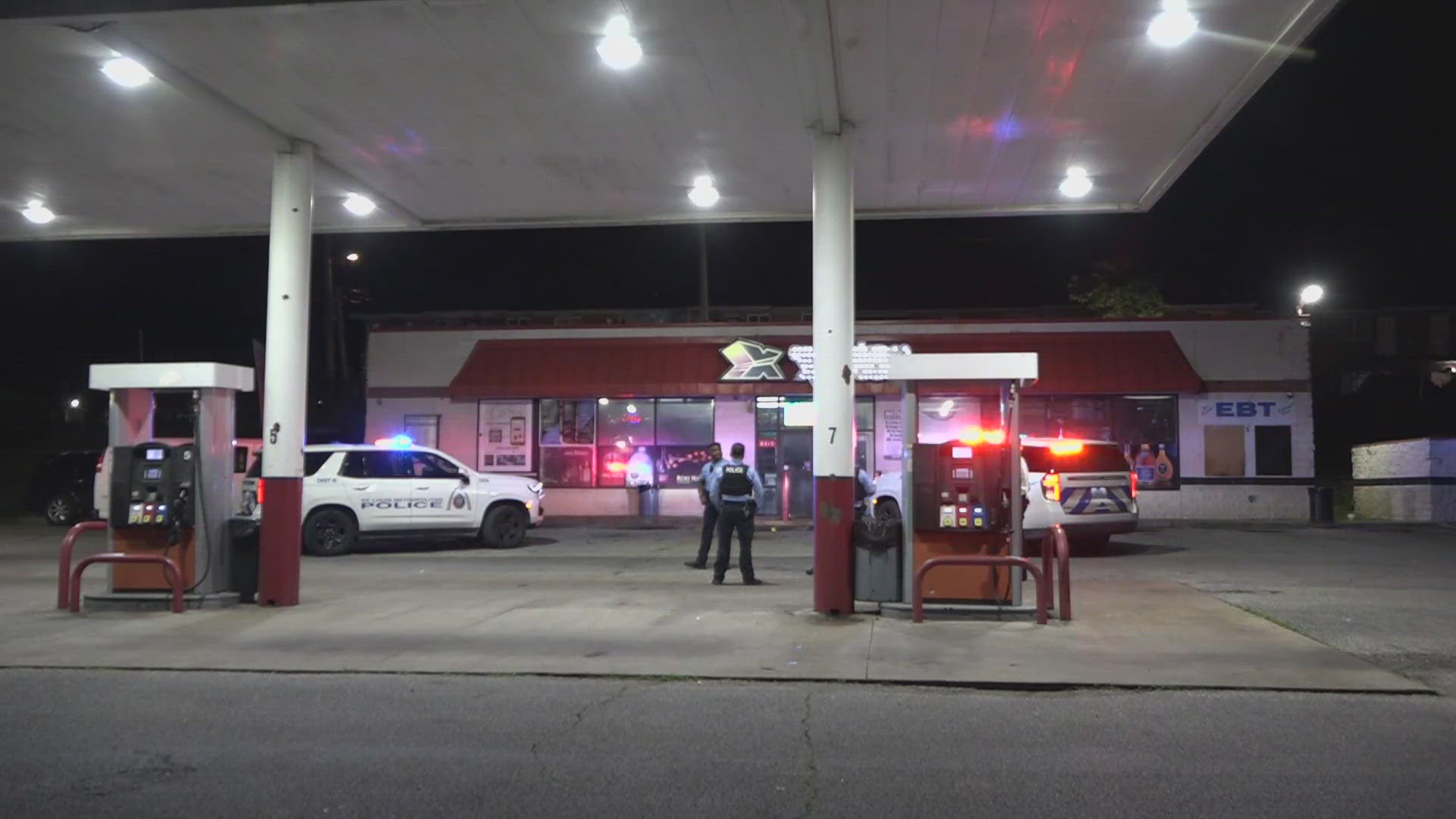Hundreds of Boys & Girls Club members and the community drove through to receive refurbished laptops Monday, June 26, at BGCSTL Teen Center of Excellence, 9200 W. Florissant.
The computers, funded by an AT&T donation to Compudopt, were distributed to 200 St. Louis families with children in grades K-12 who did not have a laptop at home.
In St. Louis city and county, it is estimated that more than nearly 16,000 K-12 students do not have access to the internet, computers, or skills needed at home to learn and compete in an online format.
“At Boys and Girls Clubs, we believe that every kid has the potential to succeed,” said Flint Fowler, BGCSTL president and CEO.
"We are committed to enabling all young people, especially those who need us most, to reach.
their full potential as productive, caring, responsible citizens. These donations will give families the tools to participate in the digital space."
Ferguson Mayor Ella Jones was thrilled to take part in the laptop event and called education “the key to a positive future of opportunity and possibilities.”
“In today's connected world, technology and connectivity are just as important as textbooks and caring, professional teachers. It is exciting to think how these laptops will impact not just the students who receive them but also their families and generations to come."
"AT&T is proud to collaborate with organizations like Compudopt to help close the digital equity gap in St. Louis," said Craig Unruh, AT&T Missouri & Arkansas president.
"Many students in the St. Louis area lack the devices needed for online learning. Access to computers is vital in helping to bridge the digital divide, and we are glad we can provide these resources to those that need them most."
Black and Hispanic American adults are much less likely than White adults to own a traditional computer or have high-speed internet at home, according to Pew Research Center survey respondents conducted from Jan. 25 to Feb. 8, 2021.
80% of White adults report owning a desktop or laptop computer, compared with 69% of Black adults and 67% of Hispanic adults. Eight-in-ten White adults also report having a broadband connection at home, while smaller shares of Black and Hispanic adults say the same – 71% and 65%, respectively.
While having a home computer is essential in many ways, there is another digital gap that underserved communities still must overcome.
According to Pew Research, Black adults are more likely than White adults to say a lack of high-speed internet at home leads to certain disadvantages.
For example, 63% of Black adults – compared with 49% of White adults – say not having high-speed internet puts people at a major disadvantage when it comes to connecting with doctors or other medical professionals.
On Monday, President Joe Biden and Vice President Kamala Harris detailed the administration’s Broadband Equity Access and Deployment (BEAD) program, a $42.5-billion federal-funding initiative in support of affordable high-speed internet access.
It is designed to fund the deployment of robust broadband infrastructure in rural areas of the country that don’t have adequate high-speed internet service.
BEAD was created in 2021 under the Infrastructure Investment and Jobs Act. Alongside the FCC’s Affordable Connectivity Program (ACP), BEAD will cover some of the costs of making broadband available and affordable to unserved and underserved communities.



